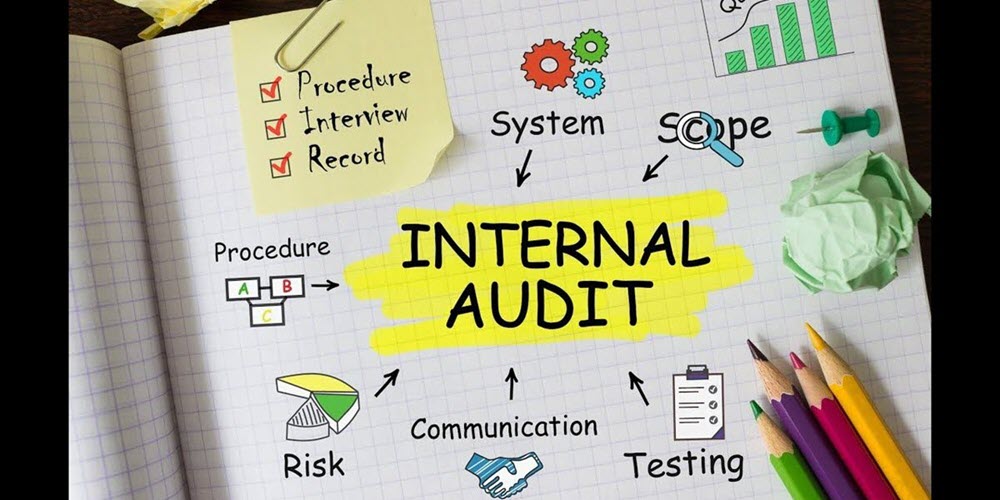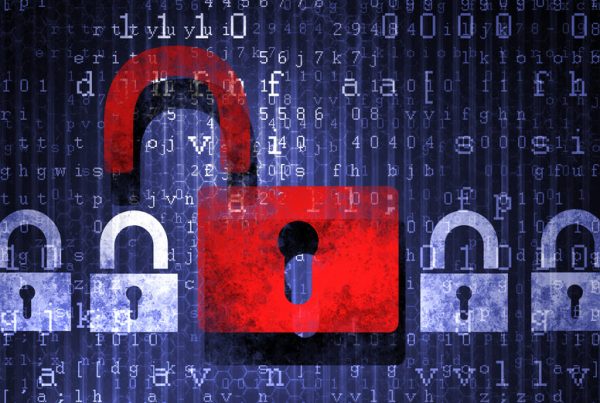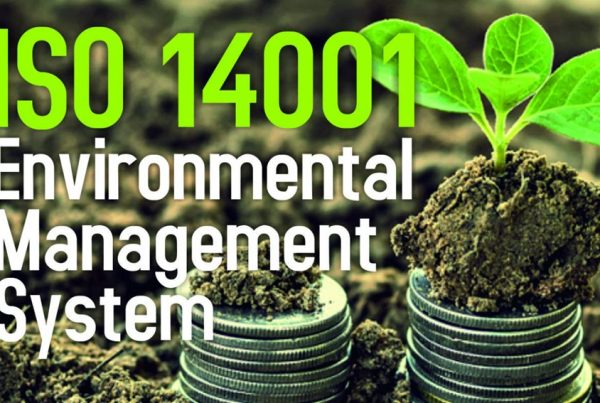Business entities have to continually assess their internal processes to work more effectively and drive continual improvement. The internal quality audit program is a crucial component of ISO 9001 and also a mandatory requirement to maintain a certification to the standard. Basically, it is a self-analysis tool which enables an organisation to periodically verify that it is fulfilling all essential requirements of the ISO standard and its own processes and procedures.
What is an Internal Quality Audit?
Internal quality audits are audits which are conducted by an entity acting as a self-check instrument for an organisation’s Quality Management Systems (QMS). If there is a Quality Manager in the organisation, then it typically his/her responsibility to maintain an internal audit program and ensure audits are conducted with internal resources or outsourced to a third party. The Quality Manager is also responsible for communicating the outcome of the internal quality audits to Senior Management. An organisation must keep in mind that the level of preparation that goes into the audits will have a huge impact on if it is going to be a smooth process and the level of improvement that can be achieved.
How to Conduct an Efficient Internal Quality Audit
The Internal auditors are in charge for reviewing issues relating to business practices and associated threats for an entity. The nature of the internal auditor’s job is to improve the performance of all kinds of organisations and ensure regulatory compliance is maintained at all times. In order to get an impartial assessment, it must be ensured that the internal auditor must be independent of the audited area. A lot of people think the concept of internal auditing is an auditor working in a meeting room with their laptops and piles of binders. Depending on the area being audited then there are different approaches; however, sampling and speaking with / interviewing people is also an important part and should be included in the audit strategy.
Services of an Internal Auditor
In terms of services, internal auditors provide various noteworthy services for the organisation management. These services cover evaluating internal control and observing compliance with the organisations policies as well as government regulations. In this aspect, some organisations go for hiring the services of unbiased external auditors who has no personal association with the company. These entities see it as a business investment and get the services of these auditors periodically to ensure all organisational units are working efficiently and effectively by meeting the necessary requirements. More to the point, a company can materialize opportunities for its quality performance and team development by means of auditing on a periodic basis. Outsourcing internal audits can often be more cost effective than maintaining an internal function and also provide immediate access to highly capable resources. In this perspective, the key element is learning about the client. Before getting on the premises of an organisation it’s compulsory for auditors to acquire appropriate knowledge about the client’s business.
Hiring an external resource does not mean the organisation can just sit back. It is all about collaboration, the whole idea is that the organisation needs to keep its own finger on the pulse. The regulatory risk still falls on the company and not the external consultant. If an organisation wants to conduct an efficient internal quality audit then it should always ensure that it has a proper documented process for this purpose. The implementation of an adequate audit schedule is a crucial step for ensuring that an entity does not end up in a horrifying situation, struggling to cover everything at the year end. The task of internal auditing becomes more demanding and is likely to include more people as the size an organisation grows.
Managing the Internal Audit Program
In view of that, an ideal practice is to create our audit calendar for auditing different processes at planned intervals. This will help an organisation avoid unnecessary challenges by eliminating and reducing risks before an issue occurs. Additionally, the element of ongoing training holds paramount value for maintaining an efficient internal quality audit program. Since the auditing standards are changing and evolving, the auditors are required to keep themselves updated on continuous basis about latest standards of auditing and regulatory requirements. For that reason, the organisation must determine how to maintain the experience and ongoing education of auditor in advance of making a decision on using internal or external auditors.
If you are considering to outsource your internal audits, then contact us for a free consultation on how we can support.





